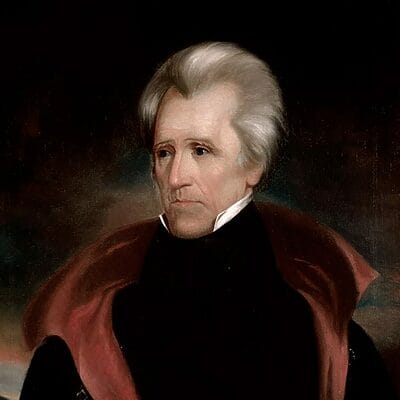
Author and creator of the American Minute Bill Federer discusses his book There Really is a Santa Claus -History of Saint Nicholas & Christmas Holiday Traditions. ederer delves into the historical figure of Saint Nicholas, exploring how his real-life actions evolved into enduring Christmas legends. Saint Nicholas, renowned for his gift-giving and advocacy against infant abandonment, left a lasting impact following his death in 343 AD. His legacy significantly influenced the Christmas tradition of gift-giving. Initially, around 500 AD, this tradition spanned the 12 days of Christmas, from December 25th to January 5th. However, over time, the practice was simplified, eventually leading to the now-familiar custom of exchanging gifts solely on Christmas Day. Federer’s book offers a comprehensive look at these historical developments, shedding light on how the legendary figure of Santa Claus was born from the deeds of a real person. Listen to the full interview in the first hour.
Interview with Bill Rutledge
Ret. USAF Col. Bill Rutledge shares the history of the Battle of New Orleans which was fought on January 8, 1815. In the spring leading up to the Battle of New Orleans, the British and Spanish occupied specific regions of the United States, aiming to hinder American expansion into Florida and the North. The British had a strategic objective: to capture New Orleans. Recognizing this, Andrew Jackson demonstrated quick thinking and a keen understanding of the situation. He arrived in New Orleans a month before the battle, promptly beginning the assembly of his forces in anticipation of the impending conflict. This early planning and foresight proved crucial. When the battle commenced, the American forces, thanks to their preparedness and Jackson’s leadership, were successfully able to repel the British assault. This victory was a significant testament to the effectiveness of Jackson’s early recognition of the British intentions and his subsequent actions in fortifying New Orleans.



Responses